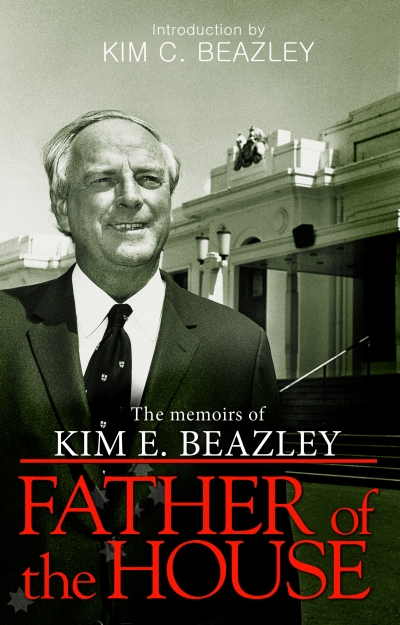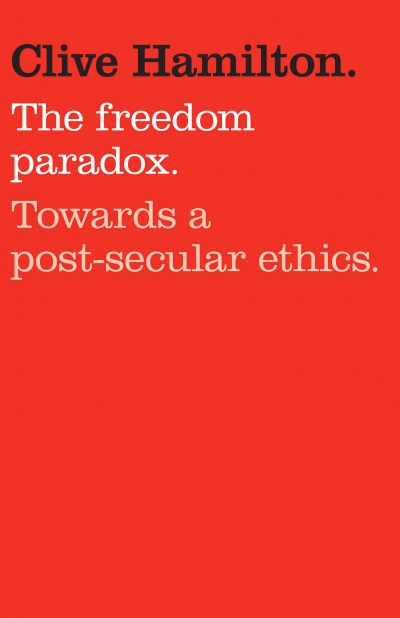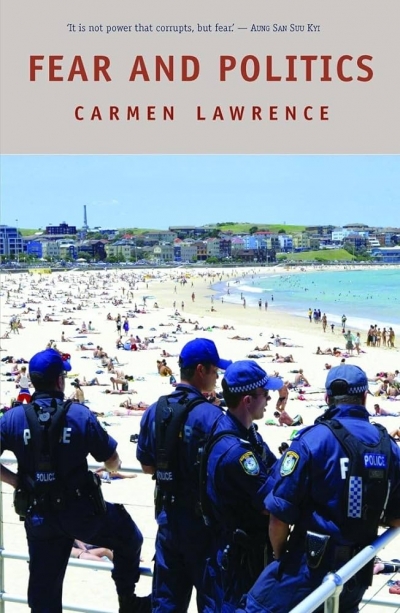The subject of fear and politics has often captured the attention of the political left. Indeed, I am immediately reminded of two wonderful books: In Place of Fear (1952), by the British Labour politician Nye Bevan; and The Fear of Freedom (1941), by the post-Freudian and socialist Erich Fromm. Whilst Fromm set out to understand the roots of fear in the human condition, Bevan sought practical solutions to the most obvious manifestations of fear in a world that had been shaken to its foundations by economic depression, fascism and war. Both were democratic socialists who believed that the insecurities which led to fear could be tackled through political, social and economic change.
For a brief moment following the collapse of communism, it appeared that such a solution might be within our grasp. Some even talked of ‘the end of history’. How wrong they were, as we witness the rebirth of insecurity associated with global warming, international terrorism and nuclear proliferation.
...
(read more)



